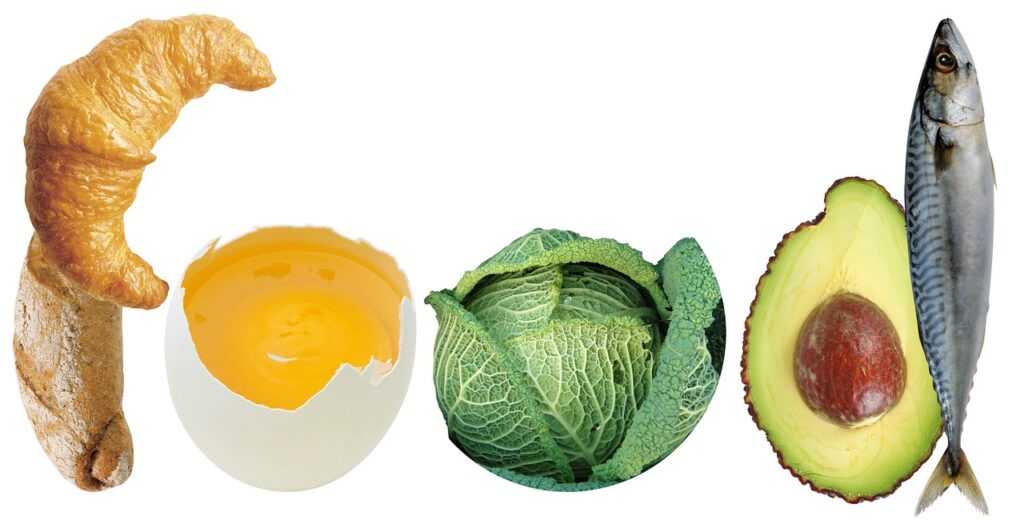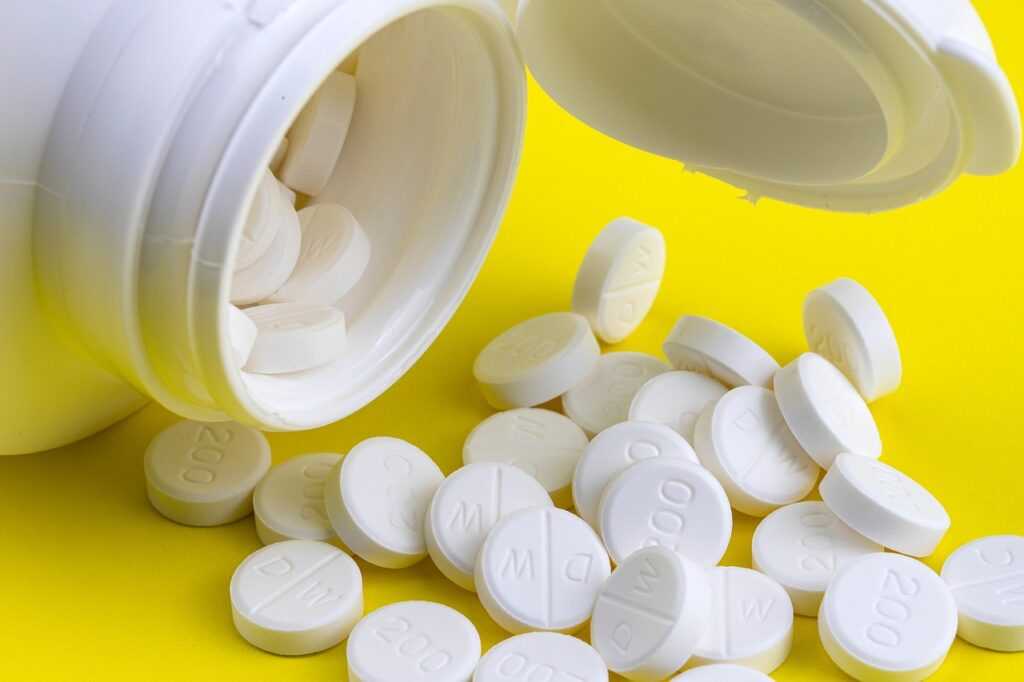When it comes to sports nutrition, the role of fat often sparks debates and misconceptions. As an experienced blogger in the health and wellness space, I’ve delved into the myths and facts surrounding fat’s impact on athletic performance. Understanding the truth about fat can significantly influence an athlete’s diet and training regimen.
In this article, I’ll debunk common misconceptions about fat in sports nutrition and shed light on its essential role in fueling athletic performance. From exploring the types of fats that benefit athletes to addressing the myths that may hinder performance, I’ll provide valuable insights backed by research and expert opinions. Stay tuned to discover how incorporating the right fats into your diet can optimize your athletic endeavors.
Understanding Fat in Sports Nutrition
Exploring the role of fat in sports nutrition unveils vital insights that can significantly impact athletic performance. As an avid health and wellness enthusiast, my goal is to clarify the myths and facts surrounding the consumption of fat in the context of sports nutrition. Understanding how different types of fats can either bolster or hinder athletic endeavors is crucial for optimizing one’s dietary intake.
Let’s delve deeper into the significance of fat as a source of energy for athletes and debunk misconceptions that may deter individuals from harnessing the full benefits of this macronutrient. By grasping the nuances of incorporating the right fats into your diet, you can enhance your overall athletic performance and achieve your fitness goals more effectively.
Myths Surrounding Fat Consumption in Sports
When it comes to fat consumption in sports, there are several myths that need to be debunked to understand the role of fats in athletic performance better.
- Myth 1: Fat Makes You Sluggish
I’ve heard many people believe that consuming fat can make athletes feel sluggish and slow down their performance. However, this is a common misconception. In reality, fats are a vital energy source for endurance activities as they provide a longer-lasting form of energy compared to carbohydrates. Athletes need fats to sustain their energy levels during prolonged physical exertion. - Myth 2: High-Fat Diets Are Ineffective for Athletes
There is a misconception that high-fat diets are ineffective for athletes due to the belief that carbohydrates are the primary source of energy for performance. While it’s true that carbohydrates are essential for short bursts of intense exercise, incorporating healthy fats into an athlete’s diet can also offer numerous benefits. High-fat diets, when balanced correctly, can enhance endurance, improve metabolic efficiency, and support overall athletic performance.
By debunking these myths surrounding fat consumption in sports, athletes can optimize their dietary choices to fuel their performance effectively and achieve their fitness goals.
Facts About Fat in Sports Nutrition
Fat plays crucial roles in athletic performance, contrary to common misconceptions. Let’s delve into the essential functions of fat for athletes.
Fact 1: Essential Functions of Fat in Athletic Performance
I want to highlight the critical functions of fat in athletic performance to debunk misconceptions and emphasize its importance.
Practical Tips for Incorporating Fat in Athletes’ Diets
Incorporating the right types of fat into athletes’ diets is crucial for optimizing performance and overall health. Here are some practical tips to ensure athletes are getting the benefits of fat in their nutrition plans:
- Choose Healthy Sources: Opt for unsaturated fats like those found in avocados, nuts, seeds, and olive oil. These fats can help reduce inflammation and improve heart health, essential for athletes’ well-being.
- Balance Omega-3 and Omega-6 Fatty Acids: Include sources of omega-3 fatty acids such as salmon, flaxseeds, and walnuts to help decrease inflammation and support recovery. Balancing omega-6 fatty acids from sources like vegetable oils is also important for overall health.
- Timing Matters: Incorporate fats in pre-workout meals a few hours before exercise to provide a steady source of energy. Including fats in post-workout meals can aid in muscle repair and replenishing energy stores.
- Be Mindful of Portions: While fats are essential, they are calorie-dense. Be mindful of portion sizes to prevent excess calorie intake. Aiming for moderation is key to maintaining energy balance.
- Cook Healthily: Opt for healthier cooking methods like grilling, baking, or sautéing with minimal oil to keep fat intake in check. Avoid deep-frying or excessive use of added fats to maintain a balanced diet.
By following these practical tips and incorporating the right types and amounts of fat into their diets, athletes can effectively harness the benefits of fat for improved performance, recovery, and overall health.

Patricko Campbellano
About the author:
Patricko Campbellano is a dedicated author at My Nutritional Balance Guide, where he combines his expertise in health and nutrition with a passion for educating others Learn more




